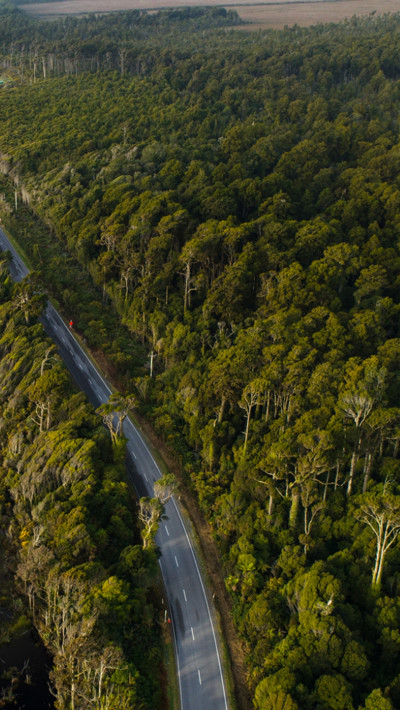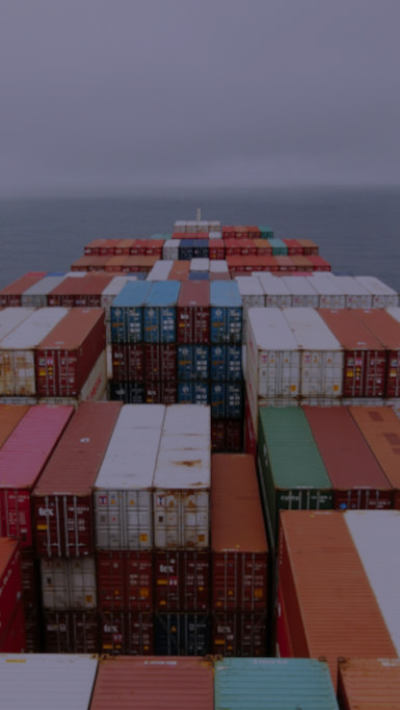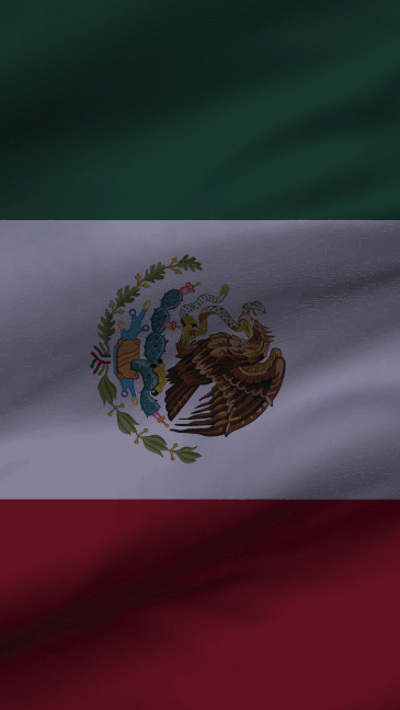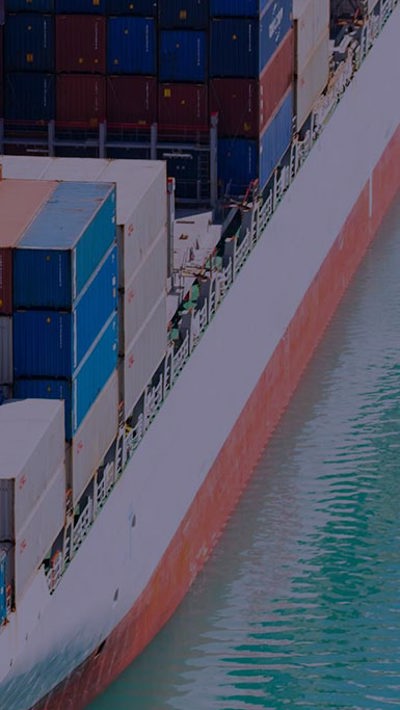Speak to our experts
Contents
The pro-active release of a Cabinet Paper on the proposed Modern Slavery and Worker Exploitation Supply Chain legislation provides useful new information on what the New Zealand regime will look like.
A sequenced legislative approach is planned, beginning with disclosure responsibilities followed by a second bill to address “stronger, more complex and novel responsibilities”, such as due diligence duties.
Proposed disclosure legislation
Key features will include:
- Compliance threshold: the reporting threshold will be $20 million revenue per annum (lower than the thresholds applied in Australia and the UK). This will apply across the board, including companies, sole traders, charitable entities, central and local government, trusts and incorporated societies.
- Public register: statements will be publicly available on a register.
- Annual disclosure statement: reporting entities will be required to prepare an annual disclosure statement, identifying:
- the structure, operations and supply chains of the reporting entity;
- the risks in the operations and supply chains of the reporting entity (and any subsidiaries) of:
- modern slavery in the entity’s international operations and supply chains; and
- worker exploitation and modern slavery in the entity’s domestic operations and supply chains. (This expansion to worker exploitation goes further than the Australian or UK model);
- the actions taken by the reporting entity to prevent, mitigate, or remediate those risks;
- how the reporting entity assesses the effectiveness of such actions; and
- consultation processes.
- Scope: The scope of the legislation will extend beyond direct suppliers to apply to all tiers of an entity’s supply chains.
- Offences: Cabinet has agreed to penalties of up to $10,000 for failing to meet disclosure requirements and up to $200,000 for providing false or misleading information.
- Lodgement: Statements must be lodged no more than six months after the end of the entity’s financial year.
- Regulation: the relevant regulator will have powers to issue improvement notices and make public the names of entities that have been convicted of an offence (of false or misleading information) or that have been issued with infringement notices. There will also be a power to request information.
Overseas developments
The recommendations from a review of the Australian regime were published in May 2023 and include:
- Lowering the reporting threshold from $100M to $50M consolidated revenue for the reporting period (expected to include around 2,400 entities).
- Requiring entities to report on modern slavery incidents or risks and on any grievance and complaint mechanisms.
- Requiring reporting entities to have a due diligence system.
- Expanding the remit of Australia’s federal Anti-Slavery Commissioner, including powers to make written “high risk declarations” for regions, locations, products, suppliers or supply chains.
- Penalties for non-compliance, including failure to submit a statement without reasonable excuse; submitting a statement with materially false information; and failure to have a due diligence system in place.
The UK Government has indicated that it will update its 2015 Act through amendments to be introduced this parliamentary session. These will cover:
- Mandating reporting areas within annual modern slavery statements.
- Requiring organisations to publish their statements on a government-run registry.
- Introducing civil penalties for organisations that do not comply with the requirements.
- Ensuring law enforcement agencies have stronger tools to prevent modern slavery occurring.
Our comment
We expect that legislation will be introduced into the New Zealand Parliament by mid-2024 regardless of the election result, with reporting obligations applying at the earliest from FY25.
Mandatory compliance will require publication of a statement disclosing actions taken to address modern slavery risks, but no separate obligation to conduct modern slavery due diligence is expected as yet – the mandatory disclosure often triggers some element of due diligence in any event.
We expect that our regime will be closely modelled on Australia, with the exception that New Zealand may additionally require reporting in respect of “worker exploitation” in New Zealand supply chains.
Chapman Tripp has extensive experience in modern slavery law and compliance and will be happy to assist you with submissions to the proposed Bill and with compliance advice.





















































































































































